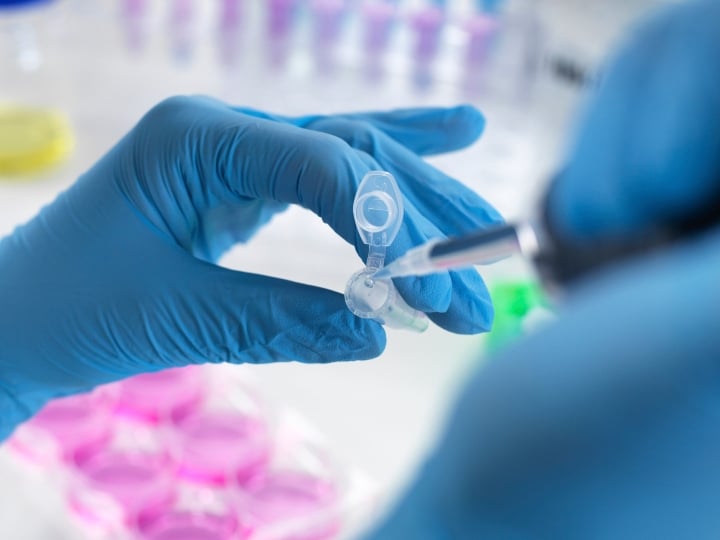Analytical laboratory technologies and expertise that delivers detailed chemical information about your samples and products for R&D and resolving issues
Analytical laboratory techniques and testing provide the data required to make critical decisions during R&D, drive product improvement or meet regulatory compliance requirements.
In depth knowledge of analytical laboratory technologies and how to apply them to a specific sample is critical to driving understanding about a new chemical formulation or product during development, across many sectors. Precision analytical technologies are required to assess production quality and to determine trace level impurities which may present a risk to human health or the environment. These technologies are often highly specialized analytical instruments which can only be operated by scientists who have industry application experience.
Our global analytical laboratories house a broad scope of analytical technologies and testing instrumentation. We apply chromatography, spectroscopy, mass spectrometry, microscopy, particle size techniques, physical characterization, physicochemical methods, surface analysis techniques to wide range of chemical testing & analysis applications. With a broad suite of analytical laboratory equipment available in accredited facilities, Intertek can act as a valuable third party resource for you, giving you access to state of the art equipment and operated by trained analytical specialists via controlled laboratory procedures.
With our broad scope of analytical technologies our scientists deploy exactly the right techniques to respond to your testing needs including chemical composition analysis, elemental analysis, molecular structure elucidation, contamination detection, materials analysis and regulatory compliance testing such as REACH testing requirements.
Based on in-depth experience across many sectors we provide the precision instrumentation, the analytical expertise and valuable insight through expert interpretation of the data and knowledge of the regulatory and technical challenges of the industry sectors in which you operate.
As part of our surface analysis process, client samples are transported to the appropriate laboratory for research and development support, failure analysis, troubleshooting, and quality control.
Surface and structural materials analysis includes microstructural and chemical characterisation of materials, including polymers, films, coatings, pharmaceuticals, raw materials, metals and contaminants using techniques including SEM, TEM, EDX, XRD and FTIR.

